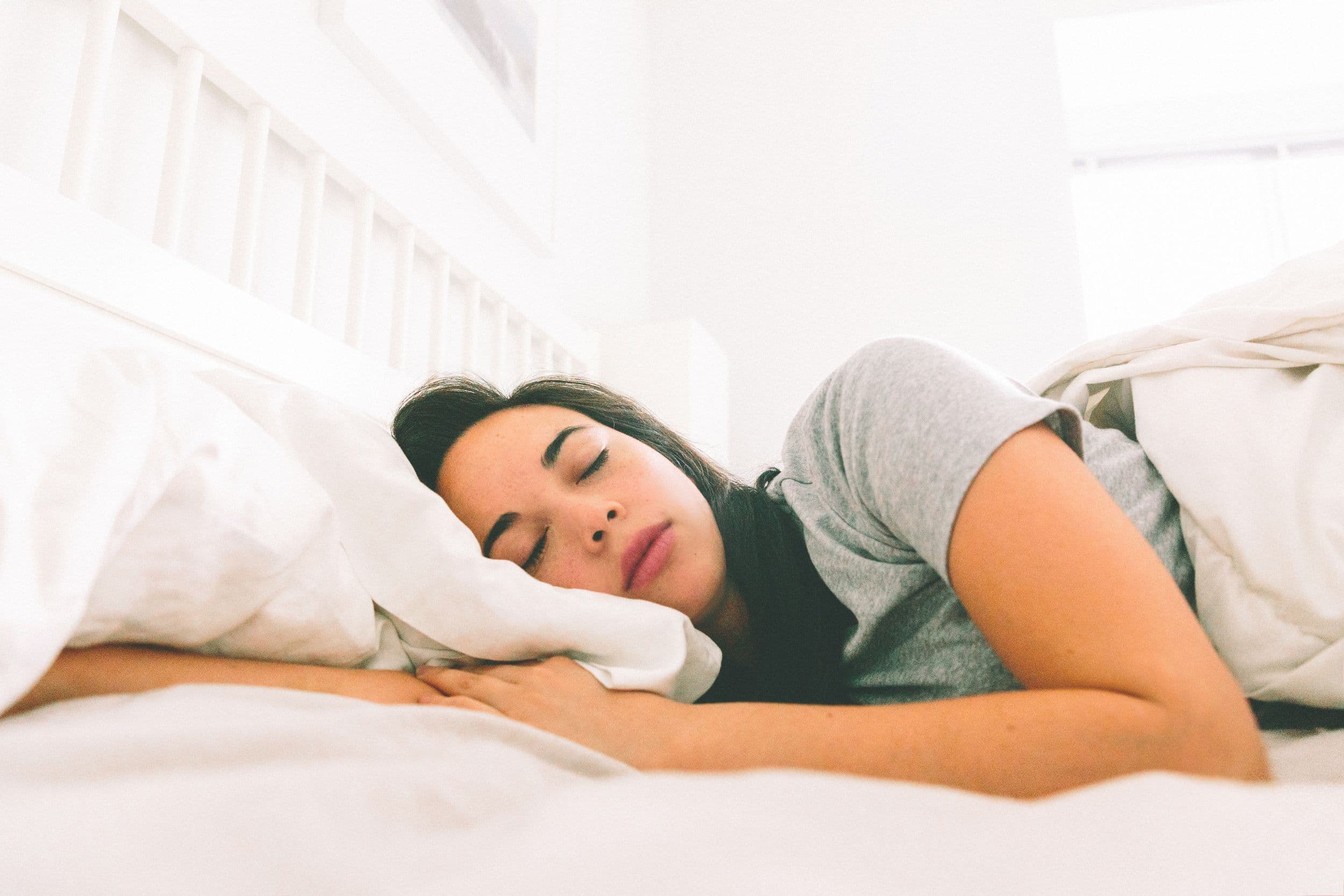Not in the Mood? Sleep On It!
Women's Health News
Obie Editorial Team

Sleep and libido
Many studies have been conducted to determine what makes a person not in the mood for sexual activities with a loving, trusted partner but very few of them have focused on sleep. A new study indicates someone not in the mood should sleep on it for an extra hour tonight to improve libido tomorrow.
Medical and psychological problems can interfere with a satisfying love life as much as relationship problems do. These specific issues, however, don’t encompass everybody who just isn’t interested on a prolonged basis. Sometimes, some people who are wildly in love, in robust health, and of sound mind and emotional outlook just don’t feel interested in sex.
What has research shown us about libido and sleep?
It’s this group of people that Dr. David A. Kalmbach wanted to know more about. Kalmbach, working from the University of Michigan (UM) Medical School’s Sleep and Circadian Research Laboratory within the university’s Department of Psychiatry, worked with other researchers from UM as well as from the Henry Ford Health System and Kent State University in Ohio.
Kalmbach’s research team focused on women, enlisting 171 women enrolled in a psychology class at an unnamed major Midwestern university; course credit was awarded for participation. Each woman volunteering for the study was not using antidepressants and had reliable, daily internet access. Each woman started the study by undergoing a baselline health evaluation at the university and then, for 14 consecutive days, she updated an online diary upon arising in the morning.
- About half the women claimed they were in a relationship with a significant other, for an average of 2.5 years. Seventy-six (44.44%) claimed no sexual partner and 92 (53.80%) claimed one sexual partner.
- Approximately 93% of the women (160) self-identified as “mostly or completely heterosexual,” 3 (1.75%) were bisexual, and 8 (4.68%) were “mostly or completely homosexual.”
- The average age of the women was 20, with some as young as 17 and as old as 23. Most of the women (139) were white but others were black, Asian, Latina, or self-identified as “other.”
One line of questioning in the morning online diaries concerned the previous night’s sleep: the number of hours the woman had slept, how long it took her to fall asleep, and if the sleep was continuous and restive or disturbed, with frequent awakenings.
Another topic of question was if she’d engaged in various but specific sexual activities the day or night before. Each woman was asked if she’d masturbated the previous day or night or if she’d engaged in anal, hand, oral, or vaginal sex with another person in the previous 24 hours.
The researchers discovered that an hour of extra, high-quality sleep resulted in a 14% increase in sexual desire the next day. Vaginal arousal was also higher in women getting the extra hour of quality sleep.
The results remained the same regardless of the woman’s age, daytime fatigue, menstrual cycle, history of sexual distress, or use of oral contraceptives. Anxiety and depression levels did not alter the results, either.
According to the research team, it could prove to be beneficial if healthcare professionals included discussion or evaluation of sleep quality when treating patients for sexual dysfunction. Improving one’s sex life could be as simple as developing healthier sleep habits.
Sources:
- Kalmbach, David A., J. Todd Arnedt, Vivek Pillai, and Jeffrey A. Ciesla. "The Impact of Sleep on Female Sexual Response and Behavior: A Pilot Study." The Journal of Sexual Medicine (2015). Wiley Online Library. Web. 7 Apr. 2015.
- "Sleep Hygiene / Healthy Sleep Habits." New York Eye and Ear Infirmary of Mount Sinai. Icahn School of Medicine at Mount Sinai, n.d. Web. 7 Apr. 2015.







